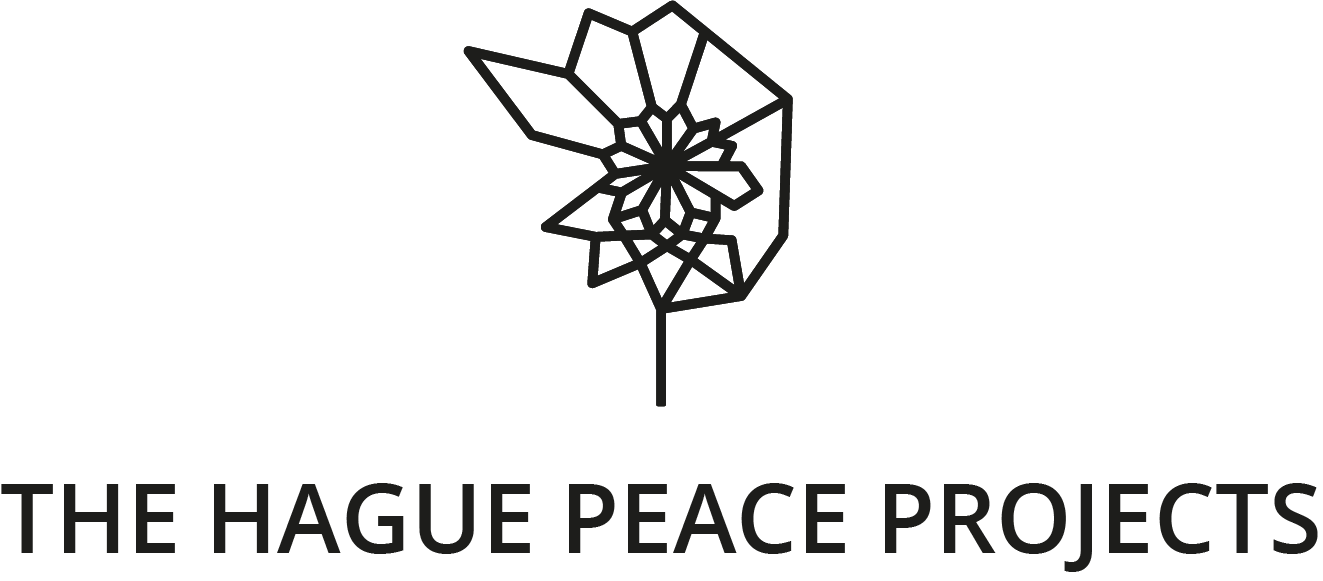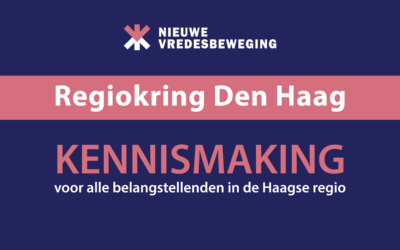Migrating from one Latin American country to another is like changing rooms in the Titanic
The situation in Latin America has deteriorated greatly over the past two decades, and the explanation for this is very straightforward. Here we will explain to you who the dictators of Latin America are, and how they have managed to stay in power despite the horrible crimes against humanity that they continue to commit.
Latin American dictators have been around for a while, seeking absolute power, denying free elections and creating military juntas. Latin America’s crisis is impossible to understand without taking into consideration the latin american dictators.
1. #SOSCuba
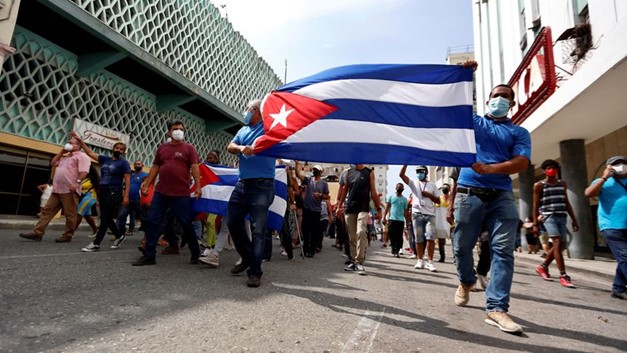
Miguel Díaz-Canel, the son of Raúl Castro who replaced him as president of Cuba, has kept the dictatorship structure in place that was established by Fidel Castro during the Cuban revolution. Fidel Castro was one of the most iconic latin american dictators, who lived in the 20th century. But to understand the dictatorship in Cuba we would have to look back to the time of Fidel Castro.
Since the time of Fidel Castro, the economy of Cuba has been a largely planned economy dominated by state-run enterprises. The government of Cuba owns and operates most industries and most of the labor force is employed by the state. Following the fall of the Soviet Union in 1991, the ruling Communist Party of Cuba encouraged the formation of worker cooperatives and self-employment.
Recently, the hashtag #SOSCuba became popular as Cuban citizens took to the streets across the country for the first time in more than six decades to protest against the deteriorating living conditions and lack of basic goods and services, including medical attention amid increasing coronavirus infections.
The protests, with thousands of people calling for an end to the 62-year-old communist regime, began on Sunday in the western city of San Antonio de los Baños, later spreading to more than 40 cities and towns, including the capital Havana.
President Miguel Díaz-Canel, leading the military dictatorship, deployed security forces across the country. His government also disrupted communications. Shortly after 4 p.m. local time on Sunday, the state-run ETECSA, the country’s phone and network monopoly, halted internet services.
In Havana, state forces were out in droves on Sunday night with so-called rapid-reaction brigades and Communist Party militants armed with heavy sticks. Some protesters were attacked, and more than 100 were arrested according to activists. This week, hundreds of Cubans lined up outside police stations to look for missing relatives whose whereabouts were unknown.
You can read more about what is going on in Cuba in this article by Human Rights Watch here.
2. #SOSNicaragua
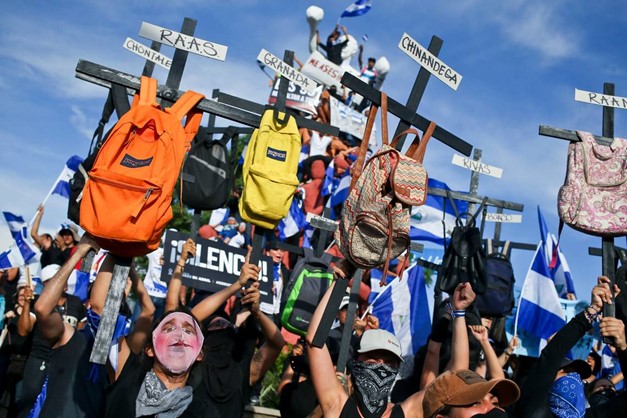
Central America, and particularly Nicaragua, has two of the most iconic dictatorships in Latin America. The one of the Somoza Family and later of the Sandinista Party after they seized power. Daniel Ortega, who came into power in 1979 through a military coup (coup d’état), has kept a strong grip on Nicaragua with the national police and armed forces. He was re-elected in 2006. Election observers from the Organization of American States (OAS) reported problems accessing polling stations, and a domestic observer group says it has received hundreds of complaints about irregularities.
The left-populist Ortega is especially popular among the poor and initiated various social programs aimed at poverty reduction. These programs are partly financed by Venezuela. Critics complain of a total lack of transparency in the spending of these funds, and accuse Ortega of buying voters and using the money to supply weapons to paramilitary groups working for him.
Military Dictatorship
In 2018 there was an uprise against dictator Daniel Ortega. This led to over 300 protestors being executed by the National Police, the armed forces, and paramilitary groups working with the government. Over a thousand people have been imprisoned since the uprising, and in many cases, torture and rape are used by the National Police in order to inflict fear upon the prisoners.
The 2oth century has been time of the worst dictatorships in Central America. Foreign policy from the US Government has made the situation worse in many cases, as the dictators manage to use personal charisma to convince with populist ideas.
Daniel Ortega controls all of the media channels in Nicaragua and has forced all Human Rights NGOs and independent media into exile. Most independent journalists are being systematically targeted and executed by paramilitary forces.
With military support coming from countries like Cuba, Russia and Venezuela, government supported military forces keep oppressing the population even during the deep economic crisis south America is undergoing, where the low and middle class has almost no rights and no access to democratic elections.
If you want more information about what is going on in Nicaragua, you can check out this link.
3. #SOSVenezuela
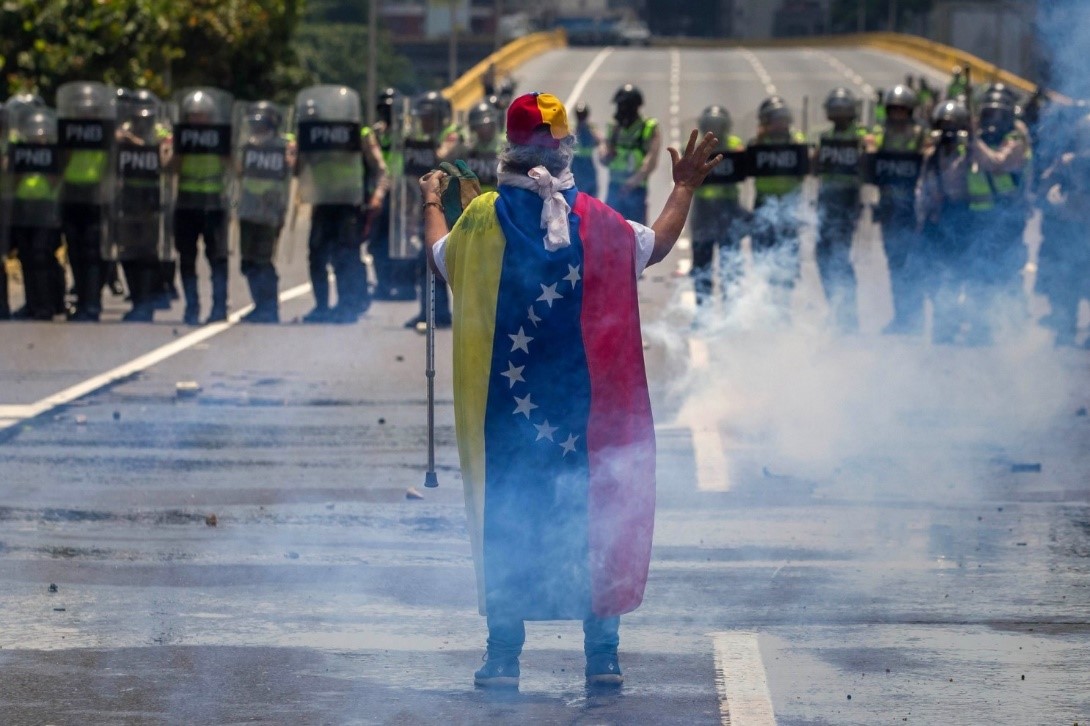
South American Dictators
Nicolas Maduro has been the de facto President of Venezuela since 2013 when a special election was held following the death of Hugo Chávez. He is one of the best well-known south American dictators. He has taken the country down the road of dictatorial socialism after Chavez’s death and has made sure that none of Chavez’s critics in the government live to tell the tale.
The Venezuelan government uses its control over the food supply as a tool to make it harder for people to express their discontent. In 2017, people were forced by their government to wait in long lines outside supermarkets where they were only allowed one bag of food per person. Many of these people wait for hours and are attacked by National Police and paramilitary groups who will steal everything from them. This was a common thing to happen in 2017 and it still happens today.
Worst of all, the international media has ignored the humanitarian crisis in Venezuela and there is no pressure on the Venezuelan government to help its own people. With the ongoing problems in Venezuela, it will be very hard for Nicolas Maduro to continue ruling without causing a famine in his own country.
You can find out more about what is going in in Venezuela here.
What Do These Dictators Have in Common?
All of these dictatorships have laws in place that block international websites from access to their country. As such, it is very hard for you to find out what is happening to people there. Most people that share social media content about what is going on in the country are prosecuted, and labeled as “terrorists” for taking action against the government’s narrative.
The most disturbing thing about all these dictatorships is that they all have a big focus on military force.
Latin American nations and democratically elected president
Each of these dictatorships utilizes the same tactics when it comes to controlling the people of the nation. These tactics are designed to maintain control of the population, and to make sure that there is no dissent or protest against their government by any means, whether it be peaceful or violent.
So, What Can We Do About it?
The solution to the crisis in Latin America is not simple, and much work is still needed to achieve a world where everyone feels safe. When a democratically elected president turns into a dictatorship and takes complete control, we must take action.
But change is coming, and people from all corners of the world are uniting against discrimination, environmental destruction, violence, and lies. We all want freedom, and every day more people join this call.
These people tirelessly work in their own free time, using only what is available to them. But without real commitment from our society, these issues will never be solved. Heroes like this are a backbone of our society and deserve help with these heavy burdens; we should all support those who make such sacrifices on behalf of others every day.
There is a petition asking the European Union leadership to take action on this matter now, and if it gets enough signatures, the game could change completely.
By signing this petition, you are uniting your voice with the call for greater support and attention to people that fight for the rights of all of us. Latin American nations deserve to live in peace.
What Will Happen if we do not Sign?
The cost of lives is too great already. If you believe these heroes in Latin America deserve more than just a pat on their back or an empty promise from politicians who have no intention of following through, then please take action now so they know how much we care about them!
